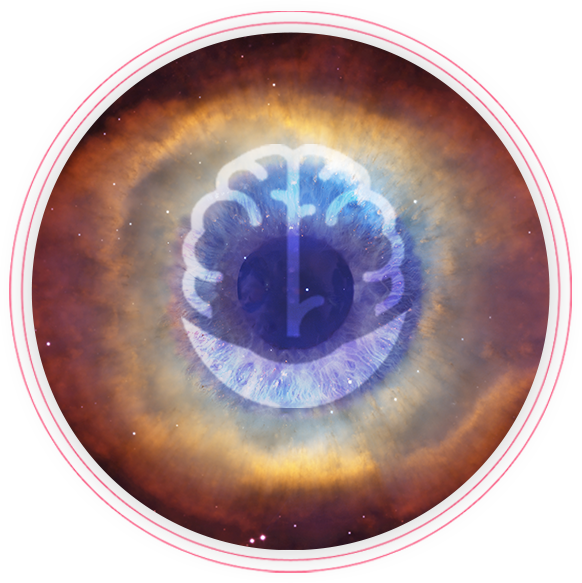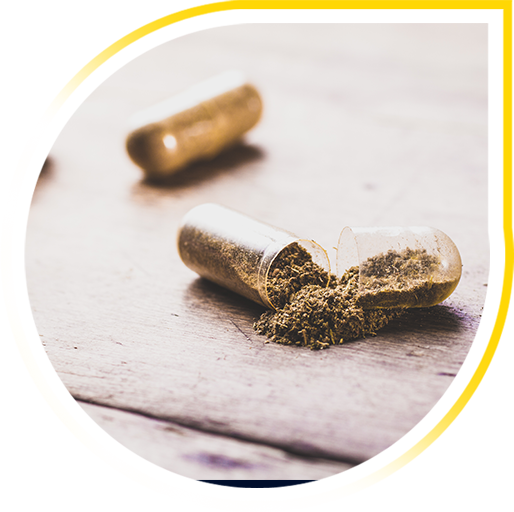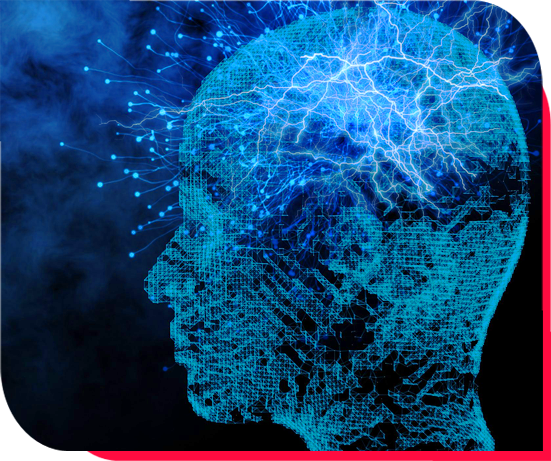Opiate
Addiction
Creates devastating effects on the mind, body, and soul, leading to
physical withdrawal, mental distress, and spiritual disconnection


OPIATES
Opiates — including heroin, Morphine, Oxycontin, Percocet, Vicodin, Fentanyl, Suboxone/Subutex, and Methadone — are not only among the most addictive substances, but the intensity of withdrawal symptoms and post-detox cravings make lasting sobriety even more difficult for users.
Ibogaine is well know for it efficacy for opiate withdrawal but people and science are just catching up to the fact that ibogaine is just as effective for alcohol addiction, methamphetamine and cocaine addictions. Click on the links for more information.
Because opiates alter the brain’s chemistry by mimicking the naturally-produced chemicals the body uses to feel moods and pain management, once a person becomes used to the unnaturally high levels of feel-good chemicals, the brain needs larger supplies of these chemicals. Over time, larger and larger amounts of opiates are needed to create a sense of normalcy, tolerance grows, and addiction worsens.
A general timeline of 7-10 days is needed for an opiate addict to pass through various stages of intense physical withdrawal symptoms, followed by many months of emotional instability while the brain attempts to rebalance years or decades of chemical dependency.
This long-term challenge is why most addicts relapse after clinical detox, and why the use of Ibogaine is so critical in ensuring lasting sobriety.
With one session, Ibogaine has the capacity to reset neuropathways in the brain to a baseline — or, a pre-addicted state. This process assists addicts by greatly reducing or often completely eliminating post-acute withdrawal symptoms (PAWS). The ability to bypass extreme, long-standing physical discomfort is bolstered by Ibogaine’s potential to also eliminate the remembrance of cravings following treatment.
Not all opiates are metabolized the same way, and so Ibogaine treatment varies depending on what type of opiate a user has been taking. Short-acting opiates, such as heroin, Percocet and Vicodin, require less pre-session preparation, and are more easeful to treat.
In treatment for long-acting opiates, such as Suboxone, Subutex and Methadone, Ibogaine Healing Center requires that a client switches to a short-acting opiate prior to arriving at our facility. This is because long-acting opiates remain in a person’s system long after physical withdrawal is complete. Ibogaine has the potential to initiate a risk of analgesic potentiation if administered in the presence of long-acting opiates. In order to ensure the safe treatment of each guest, and that each guest leaves our facility completely detoxed and in the best possible space to navigate initial sobriety upon returning home, we have chosen to eliminate the possibility of long-acting opiates preventing success after our care is complete. Our in-house doctor will help clients discuss protocols and length of time to switch to a short-acting opiate prior to arrival at our clinic. Medical support is available throughout the duration of this preparatory process, as part of our session package.
Are you ready to finally leave addiction behind? Please get in touch for more information without any sales pressure. People have to be ready for this experience and want it. If you have the want, we are happy to help.
Contact us
Case Studies
Ibogaine + Opiates
A study in the American Journal of Drug and Alcohol Abuse shows that Ibogaine treatment was successful in greatly reducing physical withdrawal symptoms, as well as providing relief from cravings for months following a session.
A clinical study by Dr. Deborah Mash concluded, “Ibogaine is extremely effective in providing a painless detoxification from opiates and opioids. In nearly all cases, objective and subjective symptoms of withdrawal were either eliminated or seriously attenuated with a single dose administration of Ibogaine.
Because Ibogaine remains in the body for up to one year after ingestion, it profoundly effects the critical time when addicts generally relapse, according to a MAPS study. The study concludes that, “A single Ibogaine treatment could reduce opioid withdrawal symptoms and achieve either cessation from opioids or sustained, reduced use for up to 12 months following treatment. The results indicate that ibogaine may have a significant pharmacological effect on opiate withdrawal.

According to a US/Netherlands study of opiate addicts, “Full resolution of the signs of opioid withdrawal without further drug-seeking behavior was observed within 24 hours following treatment.
A further study of 50 opiate-addicted persons showed, “At 48 hours following Ibogaine administration, withdrawal and craving scores were significantly lowered in comparison to baseline: 78% of patients did not exhibit objective clinical signs of opioid withdrawal, 79% reported minimal cravings for opioids, and 68% reported subjective withdrawal symptoms in the mild range. Ibogaine appears to facilitate opioid detoxification by reducing opioid withdrawal and craving in participants with opioid use disorder.
Four treatments were also conducted, “With Ibogaine on opiate-dependent poly-drug users, some of whom had been in methadone maintenance programs for many years. The successful results of these treatments were impressive. A clinical argument can be made that Ibogaine is safer and more effective than ultra-rapid detoxification with naltrexone or naloxone,” states a clinical study from the International Addict Self-Help organization.
